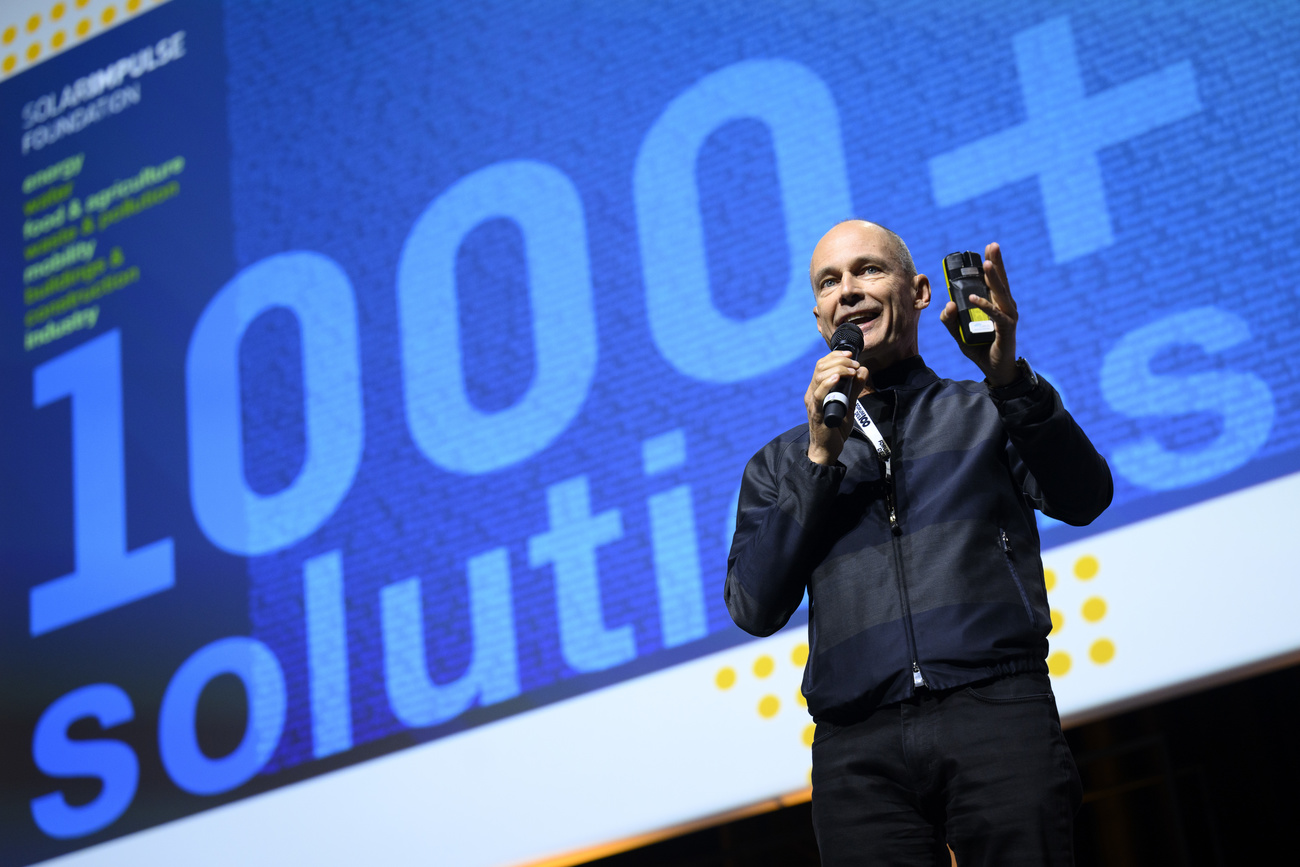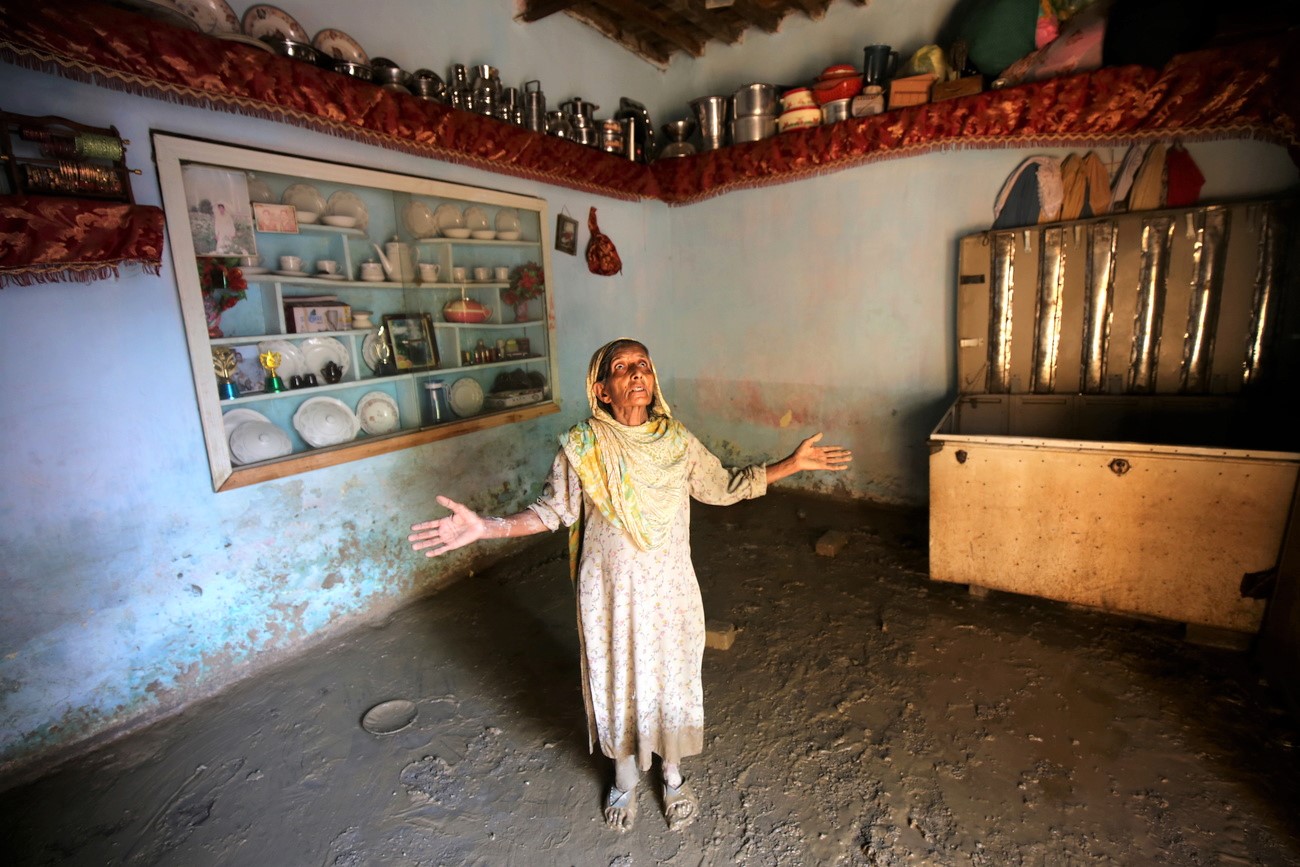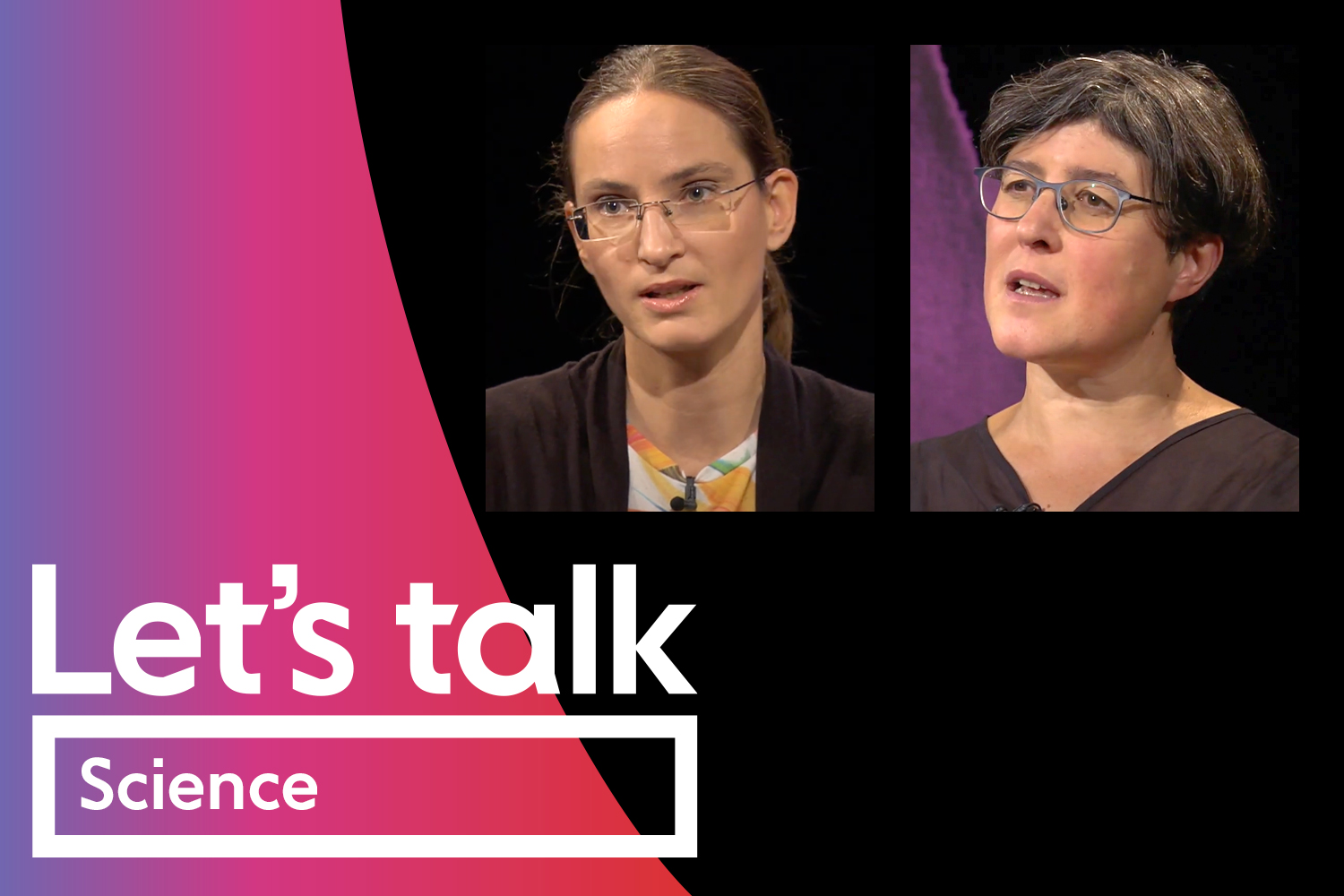
‘Even if you don’t care about climate, these solutions make sense’

Some laughed when he said he would fly a solar-powered plane. His Solar Impulse aircraft finished its world tour in 2016. Now Swiss pilot and psychiatrist Bertrand Piccard is at COP27 trying to convince decision-makers to adopt changes to tackle the climate crisis.
We spoke with Piccard about how he’s going about this work, how he views the climate activist movement and how he’s personally saving energy amid current shortages.
SWI swissinfo.ch: You’ve identified 1,450 clean and profitable solutions that could protect the environment and shared them with political and economic decision makers. How can we overcome the current defeatism that you talk aboutExternal link and make people really want to apply these solutions?
Bertrand Piccard: You have to speak the language of the people that you wish to convince. And if you come to key decision makers who have job creation and profits as the main goal and tell them to protect the environment because nature is beautiful, it doesn’t work. I tell them, even if you don’t care about climate, even if you don’t care about ecology, these solutions make more sense in terms of production, energy savings, new business opportunities, circular economy, waste management and things like that. So you will make more profit. You will create more jobs. And by the way, you will also protect the environment.
SWI: But even when people are willing, you’ve talked about businesses and governments being paralysed either by administrative or legal obstacles. How can we overcome those kinds of hurdles?
B.P.: As long as it is activists who are asking for political change, it’s going to be less impactful than if you have economic, industrial and finance leaders asking for political and legal framework changes, because they are the ones running the economy. So what I try to do is to have these people be the ambassadors of this message.
There are a lot of regulations preventing new solutions from coming onto the market because the law has not foreseen that they would exist. One example: if you have an electric car with a battery that is almost full in the evening, you could discharge it into your house during peak demand – when everybody switches on the TV, heat, lights, stove and so on – and recharge the car in the second half of the night. But this is not allowed in most countries.
If you modernise the legal framework, it will help modernise the world.
SWI: And what about other ways of putting pressure on governments to act? How do you feel about acts of civil disobedience to get the message across?
B.P.: It’s a very fine line. It can be detrimental to the cause that we want to promote because you create resistance. You have a lot of citizens who are [fed up with the activists]. But on the other hand, I fully understand the frustration of all these people who see that not enough is being done. If you see a beautiful landscape that is destroyed by a coal mine like they are doing in Germany, I understand that people will demonstrate, will resist, because you have to show that you are angry with what the world is doing today. [But] violence to promote ecology is very counter-productive.

More
COP27 and the climate crisis: will rich countries pay?
SWI: You’re attending COP27 in in Egypt. What are you hoping to achieve there? You’ve introduced your practical guide with 200 solutions for cities, but how can these be applied?
B.P.: There’s a big gap between science and politics. What I want to bring is the link between the two. The scientists are telling you to change, but you’re afraid to change. We at the Solar Impulse Foundation really try to show that fighting climate change is an economic advantage and not an obstacle. All my speeches and political meetings are going to be about the success stories of solutions that have been implemented and could be globalised.
SWI: I can remember an expression you used about the danger of being a prisoner of ideas. Could you give an example of how this could be holding a city or a local community back?
B.P.: Some political parties are against giving subsidies for renewable energies. But now you don’t need to anymore because renewable energies are cheaper than fossil fuels. This is the type of thing that they have to understand. It’s not a question of being greener and more in favour of the environment and spending a lot of money. It’s a question of using the best, most practical and cheapest sources of energy.
SWI: This winter, that’s really going to come to a head for a lot of people.
B.P.: And yet with the lack of Russian gas the first reaction of the government is to find new suppliers to compensate. But the first reaction should be, “How can we save the gas we have? Can we save electricity by being more energy efficient?” It’s not a sacrifice because with efficiency, you get more with less consumption. For example, if you put a heat pump in your house instead of gas heating, you will save a lot of money because you are probably going to use five times less energy. Of course you cannot change all the heating systems in six months. But you at least have to initiate the move. It’s not a question of producing more energy. It’s a question of using less energy thanks to all the solutions that allow us to be more efficient.
SWI: I can imagine that you’ve already taken a lot of your own advice in your home, business, and private life. But how are you personally going to save even more energy this winter and beyond? And what can others do?
B.P.: Well, I already have heat pumps and a well-insulated house with solar panels. I drive an electric car. So it’s clear that already now my energy bill is low. And now, of course, I can make it even lower. I’m going to set my thermostat to 19 degrees Celsius instead of 20. This is a 7% reduction [in energy usage]. Nineteen degrees is completely okay. We don’t need to be at 23, 24, 25. It’s also important to have LED lamps everywhere because LEDs really consume much, much less energy.
Also, in terms of food, we have to consume a lot more local products. If you have the choice, take something from the neighbourhood instead of the other side of the world. Eat less meat. And we must treat everything we consume with much more respect. We are in trouble in this world because we waste natural resources. If we consider everything to be valuable, then we will be very efficient.
SWI: Where does this wastefulness come from? Generations ago, people treated every bit of food, clothing or furniture as something precious. Why the shift in attitudes about what we consume?
B.P.: I believe that the free market has introduced a competition between all the actors of the markets that pushes them to sell cheaper and cheaper in higher quantities. So you have to sell a lot in order to make a little profit at the end, because the price is very, very low. In the past it was not like that; everything was a bit more expensive. But it lasted for much longer. People had more respect for it. We have to go back to an economy where the profit is made from the quality of the efficiency rather than the quantity of the production. Don’t buy something that is the cheapest today but will be expensive over a lifetime. Buy something that is maybe a bit more expensive at first, and you will save much more money.
SWI: So how do you find the motivation to keep pushing amid frustration with those who fail to make changes that could have a big impact? Is this frustration a fuel? A renewable energy?
B.P.: Exactly. But you know, explorers are like that. Explorers are not satisfied with what they see and what they have. Exploration is based on frustration because what you see is not enough. You want to explore new ways of doing and thinking, new territories and technologies. This is why I love exploration, because it’s about knowing more and doing better.
Edited by Veronica DeVore
Speaking of explorers, in our new video format Let’s Talk, we hear from two researchers whose work has taken them to the Arctic, Antarctic and high mountain regions.

More
Let’s Talk: polar research and our struggling planet

In compliance with the JTI standards
More: SWI swissinfo.ch certified by the Journalism Trust Initiative































You can find an overview of ongoing debates with our journalists here . Please join us!
If you want to start a conversation about a topic raised in this article or want to report factual errors, email us at english@swissinfo.ch.